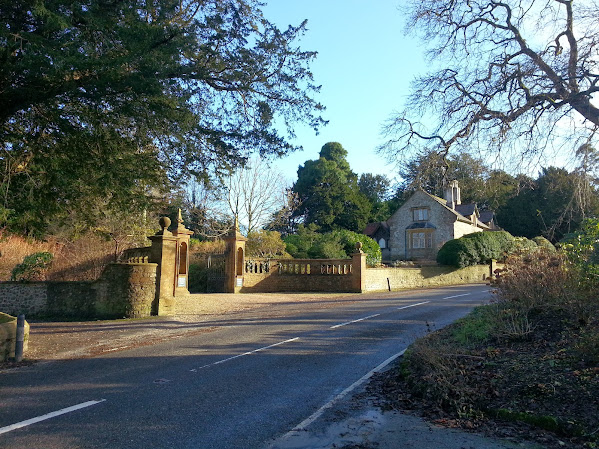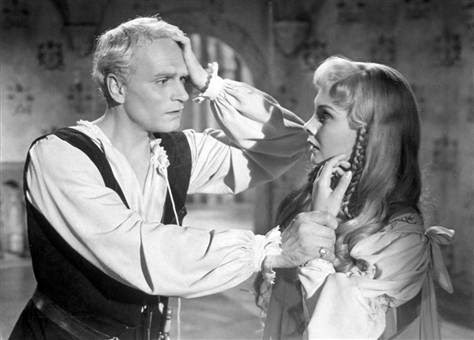Much of the content of the new GCSE will depend upon how exam boards react to the new official guidance. However, this is what the new guidance actually says the GCSE requires:
at least one play by Shakespeare
at least one 19th century novel
a selection of poetry since 1789, including representative Romantic poetry
fiction or drama from the British Isles from 1914 onwards.
The Shakespeare requirement is in the existing GCSE and represents no change.
The 19th century novel is not required to be 'British' and names no authors - so all this business about Gove demanding Dickens and Austen is just froth.
The poetry requirement is unlikely materially to affect the balance in composition of poetry anthologies, between 'heritage poetry' (as it is painfully known) and 'contemporary poetry'.
The 20th century drama/prose is required to be 'British Isles' - this could include anything from Scotland and Ireland as well.
It is obviously constructed to exclude mid-20th century American prose. As 90% of pupils study Mice and Men, a novel Gove is known to dislike, it is obvious that Gove is altering requirements to exclude it. But this is no 'narrower' or 'broader' than the present GCSE.
Some other thoughts
I neither endorse nor oppose these changes. I'll work with what I'm required to work with. However, some of the reaction has been quite astonishing.
Labour: 'Michael Gove is putting his own ideological interests ahead of the interests of our children.'
As though Labour were not also motivated by ideology: this is a common trick to depict one's opponents as irrational and oneself as sober and reasonable. Almost every position one could adopt in relation to Education depends upon one's world view, and just as these changes are undoubtedly rooted in ideology, so too are the reasons put forward in opposition.
Labour: 'His vision is backward-looking and preventing the rich, broad and balanced curriculum we need in our schools if our children are to succeed in the future economy.'
This argument derives from economic imperatives, which are not obviously pertinent when it comes to GCSE literature. It has nothing to do with the intrinsic value of different works of literature. It is also unclear why the present situation of three American authors from the mid 20th century is 'forward-looking' or 'broader' than the new requirements which stretch over 200 years and still permit the study of (older) American literature.
As a matter of interest, a book may still exist even if no longer be included on a GCSE syllabus. Schools are still going to be in possession of those books, and will still need something to teach in Year 9. As the new KS3 curriculum requires schools teach 'seminal world literature' it seems likely that these books will still be taught.
This piece from the Guardian is a case study in frenzy, the substance of which is not worthy of engagement. However, the headline is interesting:
To Kill a Mockinbird and Mice and Men axed as Gove orders more Brit Lit
I wonder why To Kill a Mockingbird is receiving equal weight in the reportage? Hardly anyone studies it anymore. Ninety percent of pupils study Steinbeck's novel, not Harper Lee's.









